When discussing an oddball title like Nickelodeon All-Star Brawl, it’s impossible to not acknowledge how effective the marketing for this platform fighter has been. Everyone loves an underdog, and the sheer novelty of a licensed title from a publisher of mediocre budget games potentially having competitive viability was undeniably compelling.
This is indeed a fighting game where Nigel Thornberry can wavedash — the question is whether or not there is more to the product as a whole. While the title from Slap City developer Ludocity certainly has a lot of passion and thought into the fighting mechanics, the licensing woes and a lack of budget show in the final game. There is certainly fun to be had, but subtle shortcomings may have Nickelodeon All-Star Brawl less in Super Smash Bros. Ultimate territory and closer to Shrek Super Slam.
Super Smash(ing!) Bros.

You already know what this is — they made a Smash Bros. starring Nickelodeon cartoons. Characters and stages in this up-to-four-player game appear from different franchises, from classics like SpongeBob SquarePants to newer shows like The Loud House. Each character has a unique moveset, dealing damage to other characters and knocking them off the stage.
There are some fundamental differences with how All-Star Brawl and Smash Bros. control; for instance, while Smash Bros. is a two-button game, All-Star Brawl utilized three buttons: standard, strong, and special. Additionally, All-Star Brawl has a couple of new movement options, like an air dash and the ability to walk backward. But even with new options, control surprisingly still feels limited.
While simply playing differently than Smash Bros. shouldn’t be a mark against it, All-Star Brawl’s combat still leaves a lot to be desired. There are some peculiar decisions, such as not being able to jump with the control stick or having to use the jump button to drop down platforms. While players will have to spend some time shaking off Smash Bros. tendencies, these controls are unusual for any game.
Despite techniques like teching and wavedashing feeling more like a feature than a bug, something sure to please Melee fans on a surface level, combat feels floaty and unpredictable. It’s hard to gauge the weight of many of these characters, and even with a quantifiable damage meter, most of these encounters lack a sense of progression. When players are KO’d off the stage, it feels like it was due to a fluke or small stage boundaries.
Nostalogy: The Study of Nostalgia

What will mostly get this game in the hands of children is the selection of characters on the box art. Due to what are presumably rights issues, characters from Nickelodeon favorites like The Fairly Oddparents and The Adventures of Jimmy Neutron are not present. Even with the limited cast, the team behind All-Star Brawl has managed to fit in a number of winks, nods, and fun references in general throughout the game’s dialogue and the characters’ movesets.
Fans will be sure to guffaw at Patrick Star yelling “Leedle leedle lee!” at the beginning of an Arcade Mode encounter — although that’s implying that this game has voice lines, which it absolutely does not, save for an unenthusiastic announcer. Most of the characters have visually distinct fighting moves highlighting their personalities and some fan-favorite moments from their shows, although this sometimes appears to be for fan service over any practicality.
Call me cynical, but I question why Toph from Avatar: The Last Airbender has a move that’s just her picking up her championship belt, or why Ninja Turtle Michelangelo has a special move where he throws pizza — sure, they’re fun moments of personality, but in the context of a fighting game, these are both experienced martial arts that are undercut for a quick laugh. And then you have trash talk from SpongeBob saying “Ravioli, ravioli, give me the formuloni,” undoubtedly a hilarious deep cut, but not only is it not a line SpongeBob says, it makes zero sense in the game’s context. Nitpicking? Probably, but still evident of how these properties are utilized.
All-Star Brawl depends too much on our scattered memories of these cartoons and lacks any affection for the IP. While there were likely rights issues once again, no music tracks from any of these shows are present in the game. And a gallery shows off art from the game but lacks any text or context on who some of these characters on display are and where they’re from. It feels less like a museum of Nickelodeon and more like a brochure for one.
The verdict

At best, Nickelodeon All-Star Brawl is a fun distraction with friends. The number of minor problems adds up, and there are several quality-of-life nightmares — for instance, leaving the character selection screen to change the rules will deselect all of the characters. And despite the use of rollback netcode, an initial selling point for the game, I still suffered a lot of stuttering playing on the Nintendo Switch version, whether I was on a wireless or wired connection.
There isn’t much unique about this title; it’s a stripped-down Smash Bros. with only a relatively pointless “Sports mode” to call its own. It will certainly be a case where software updates and downloadable characters will tell if this game has any legs.
Regardless, Nickelodeon All-Star Brawl serves as an example of how surgical marketing can be, feeding competitive players with specific bullet points while trying to cast a wide net with its popular IP. Playing it may certainly make you smile, and moments of hype can follow. But in the end, it’s an extended meme at best and a monument to capitalistic cynicism at worst.
Final Score:
5 / 10
| + | Surprisingly complex platform fighting mechanics |
| + | Objectively hilarious references to Nickelodeon shows |
| – | A lack of proper curation or context for how these properties are used |
| – | Unusual control decisions with floaty combat |
| – | Lack of character voices or classic music |
This article includes affiliate links, which may provide small compensation to Gamepur.

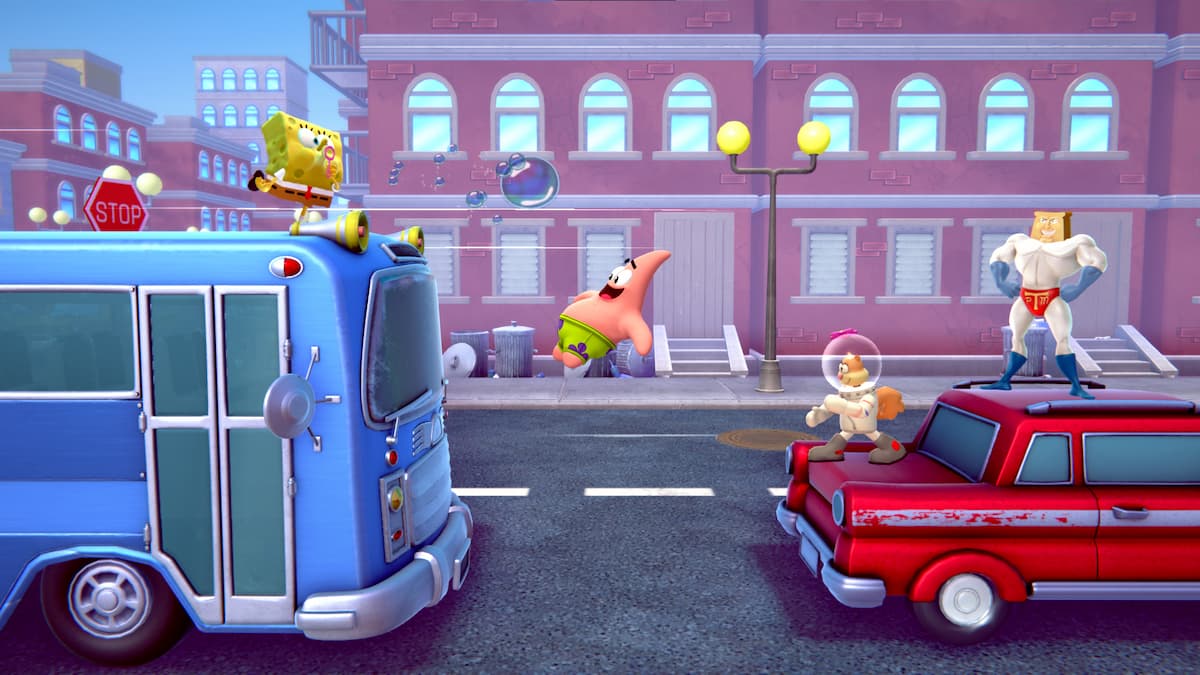
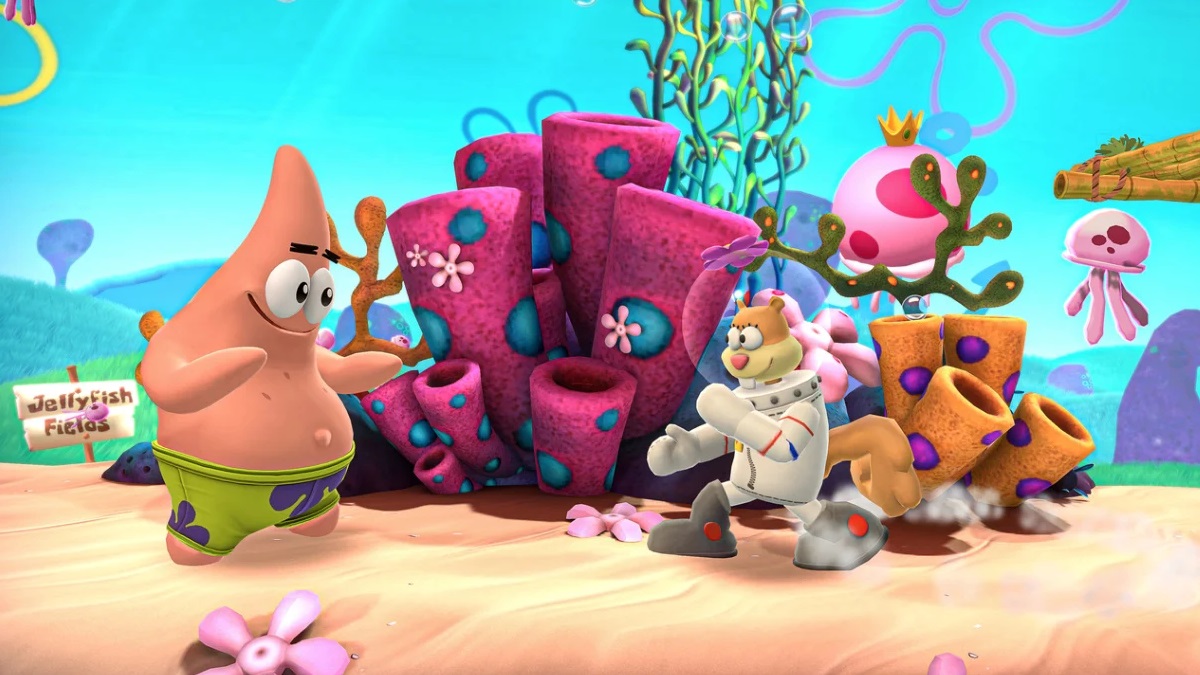
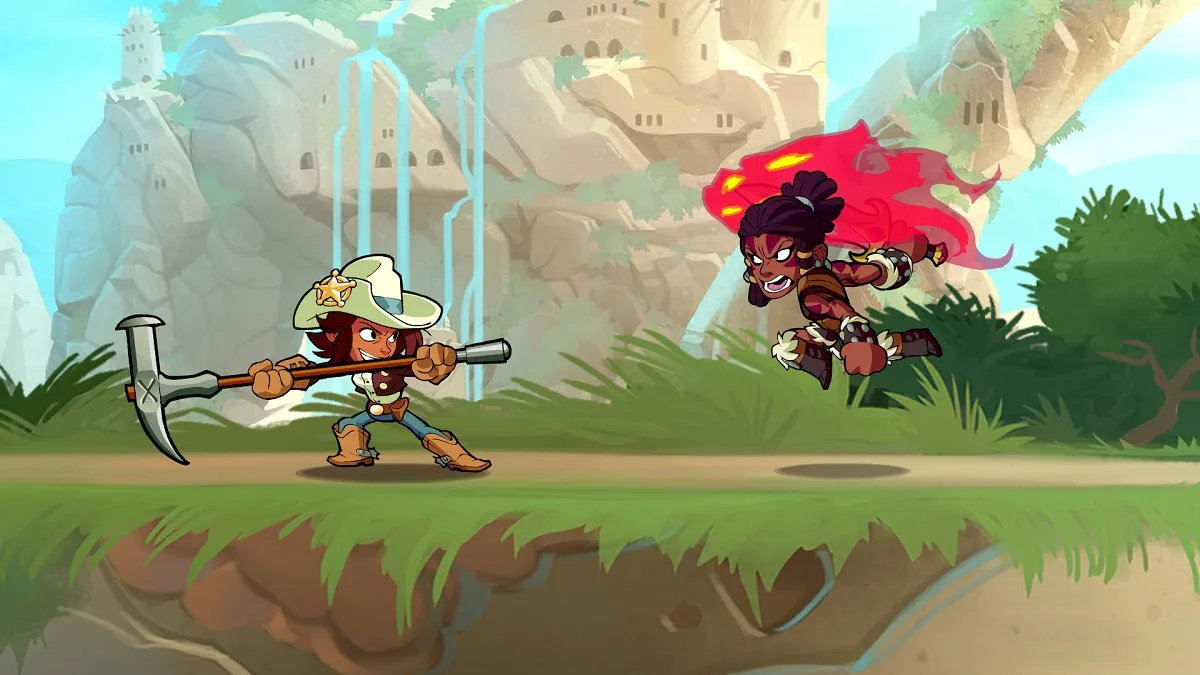
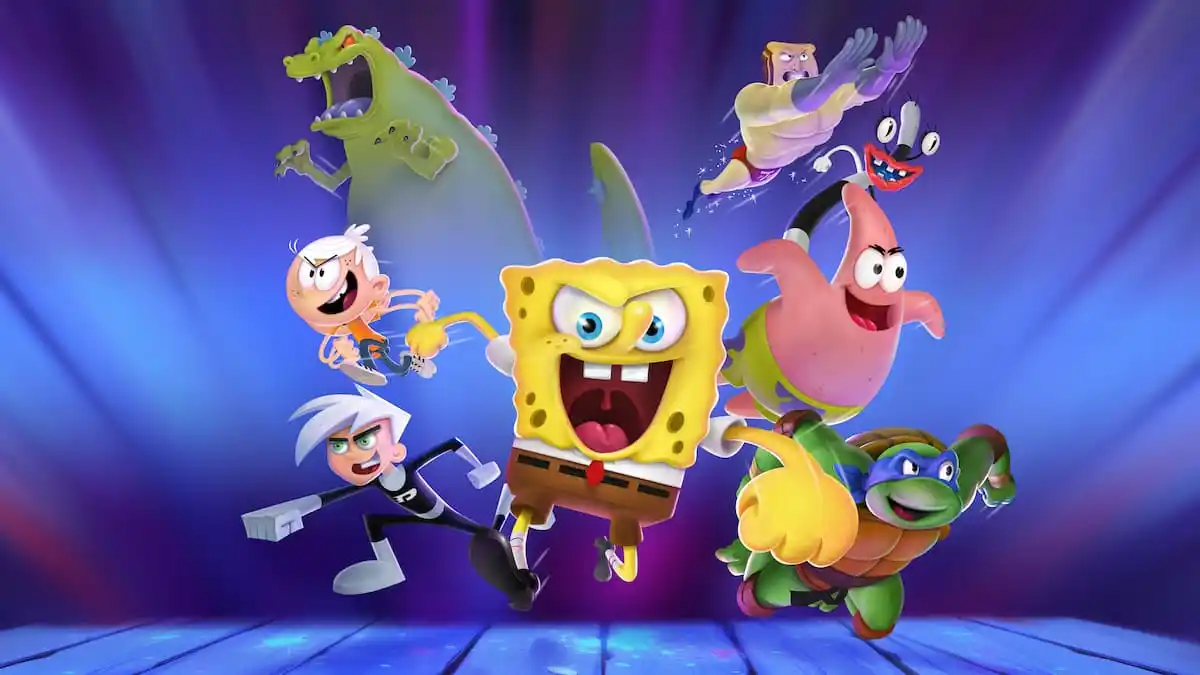
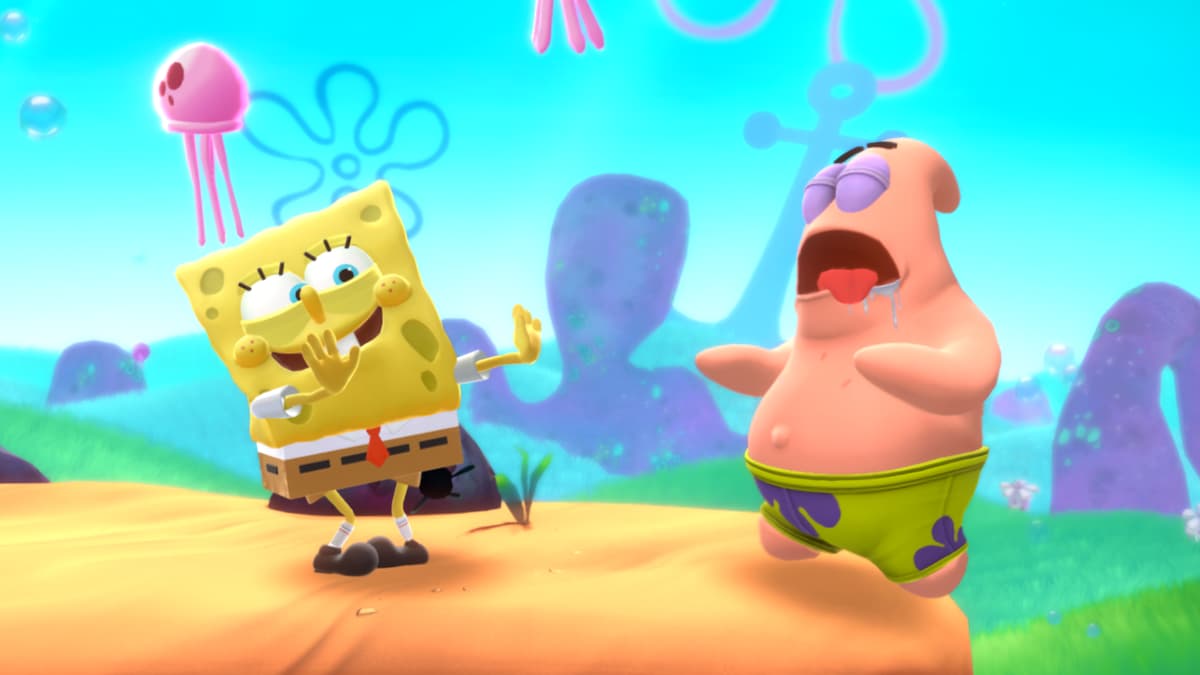
Published: Oct 7, 2021 07:44 pm